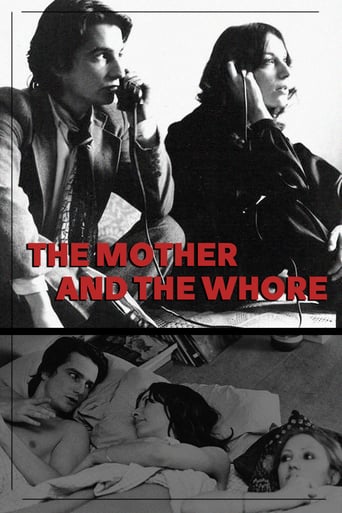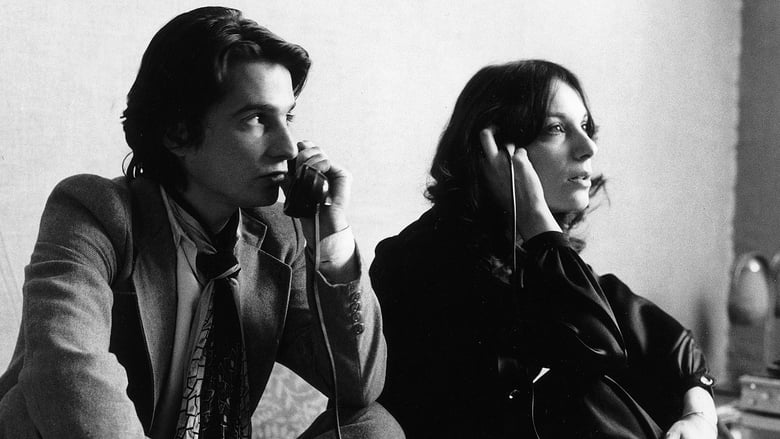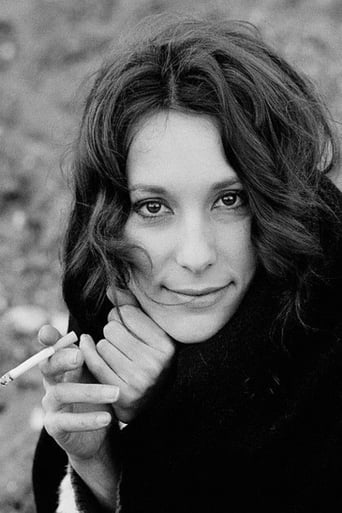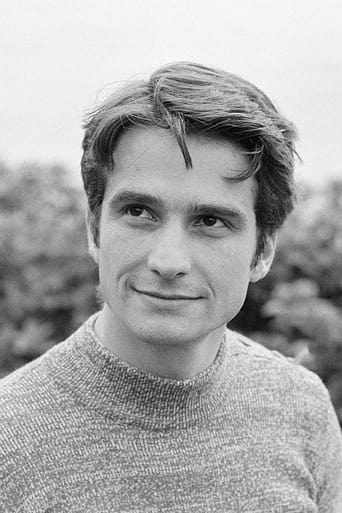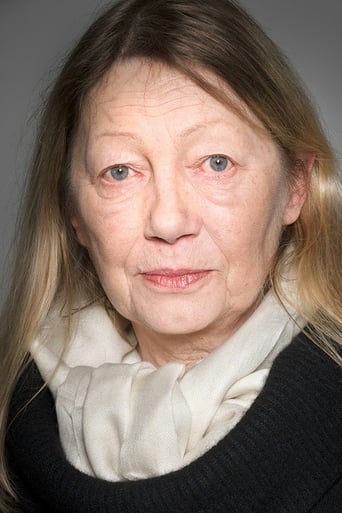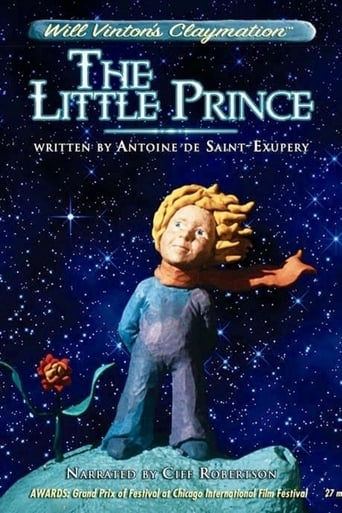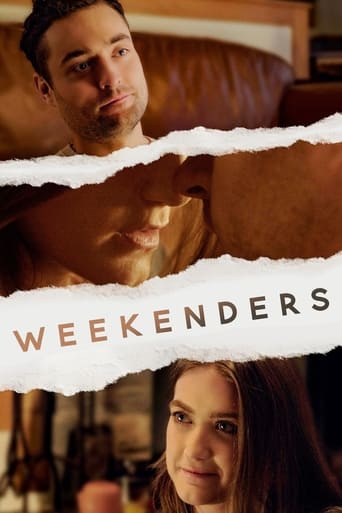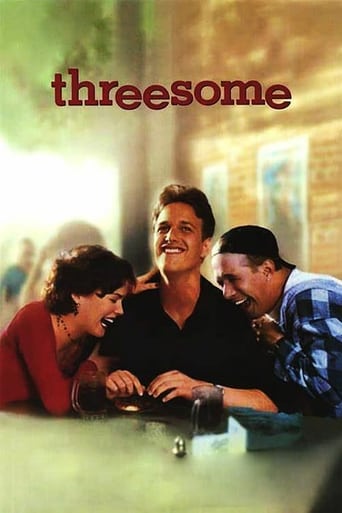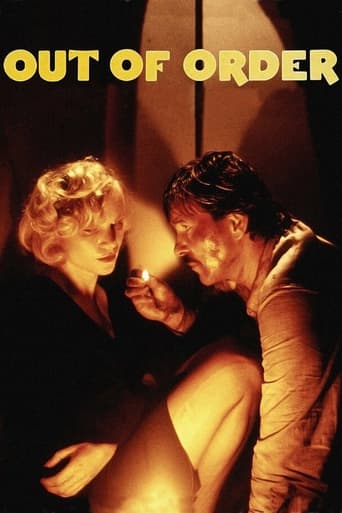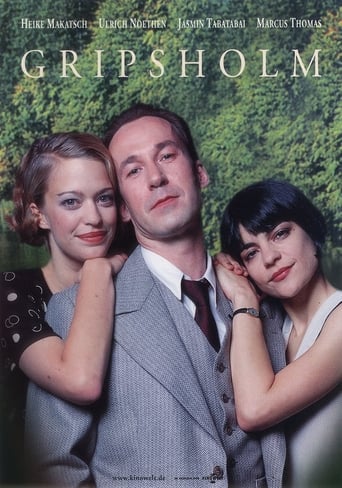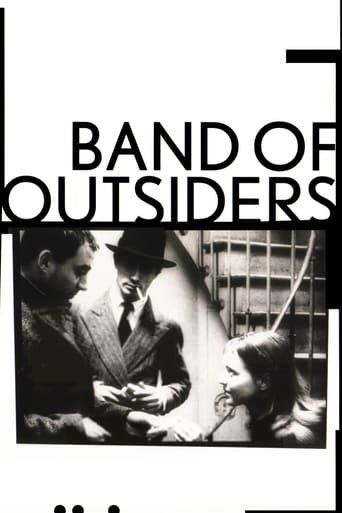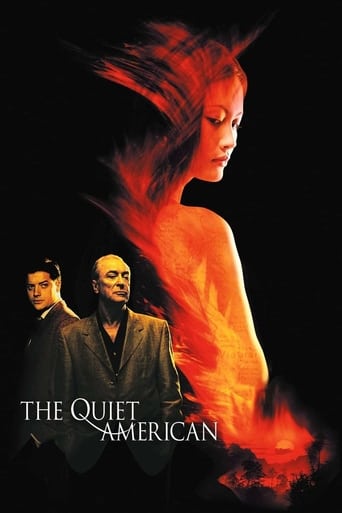The Mother and the Whore (1973)
Aimless young Alexandre juggles his relationships with his girlfriend, Marie, and a casual lover named Veronika. Marie becomes increasingly jealous of Alexandre's fling with Veronika and as the trio continues their unsustainable affair, the emotional stakes get higher, leading to conflict and unhappiness.
Watch Trailer
Free Trial Channels
Cast


Similar titles
Reviews
Good , But It Is Overrated By Some
I didn’t really have many expectations going into the movie (good or bad), but I actually really enjoyed it. I really liked the characters and the banter between them.
This is a small, humorous movie in some ways, but it has a huge heart. What a nice experience.
This is one of the best movies I’ve seen in a very long time. You have to go and see this on the big screen.
This is a wonderful film. My personal second best film of all time. ("Les Mepris" by Jean -Luc Goddard being the first.) La Maman et La Putain is beautiful in its evocation of the complicated emotions that arise in loving and / or sexual relationships. Jean Eustache is a man I would have liked to have had a chat with. He was an intelligent observer of l'etat humaine.No daftie. This film was made over thirty years ago but to me is contemporary in the manner in which it discusses the eternal themes of human interaction. The monolgue by the character Veronika is sheer brilliance..in acting and writing...this particular scene is cinema or drama at its best. Never seen anything to compete with it in the cinema yet. Thoroughly recommend this film. Three and a half hours. So?
It is not an easy film to watch - it is over three and a half hours long and it is composed entirely of conversations. Yet it is so incredibly compelling and ruthlessly observational of the human character, that it is, in my humble opinion, one of the very greatest films of all time.The film is depressing, cynical and cruel. (If you want something uplifting, see Jacques Rivette's fantastic Céline and Julie Go Boating, which was made around the same time). It shows the idealism of the late 1960s to be nothing different from the society that it was trying to change.It involves a supposedly liberated ménage-à-trois between Alexandre (played by Jean-Pierre Leaud), Marie (Bernadette Lafont) and Veronika (Francoise Lebrun). Yet Alexandre is shown to be as chauvinistic and jealous as any other man. The women are exposed as being willingly subservient and defining their femininity through the male gaze.The film is an extremely icy end to the highly revolutionary French New Wave. This movement was one of the most significant movements in film history and had a profound effect on cinema as we know it. Jean-Pierre Leaud was one of the key actors of the New Wave, having starred (among other films) in the influential Les Quatres Cent Coups (1959) by Francois Truffaut as a rebellious teenager. Director Jean Eustache is not as well known as other directors from the New Wave, but he should be.There is no improvisation (unlike in John Cassavetes's similar films made in the US) and the dialogue comes from real-life conversations. The film is resonant with Eustache's personal experiences. For example, Francoise Lebrun was a former lover of Eustache. Eustache himself committed suicide in 1981 and the real-life person that the character Marie was based on, did too. The anger and bitterness all culminate in a harrowing monologue by Veronika delivered directly to the audience, breaking down the coldly objective nature of the rest of the film. This mesmerising, personal, and honest filmic statement remains one of the most revealing films of human nature around.
I decided to watch this because of the recommendations from this site. I would have to say it was worth the effort. However, you should take heed that this film will go on for 210 minutes. If you don't have the staying power, get it on tape and watch it over a couple of nights. Now to the film, what I say will contain "spoilers" and if you don't mind, here goes: Alexandre is a promiscuous bum, a womanizer and a gigolo. He lives with an older woman called Marie. Marie owns a retail shop and she provides for Alex. Alex spends his days at cafés and restaurants. The story reveals that Alex had previously impregnated Gilberte whom he used to live with. Gilberte dumped him for a less attractive man that she did not love because Alex had abused and battered her. At this point, Alex was willing to get a job and and help raise their child before he found out Gilberte had aborted it and planned to marry someone else. By chance, Alexandre meets a nurse nymph called Veronika and they striked up a relationship. Veronika fell in love with Alex for the first time after all the sordid sex she had with men in the past. Marie and Veronika struggles for Alex's affection and had a ménage à trois to boot. Finally at the end, it's revealed Veronika is pregnant with Alex's child and Alex asked her to marry him. We assume (as aforesaid with Gilberte's situation) Alexandre will even get a job and be the provider for his new found love and family. There is hope! With the title of "La Maman et la putain", I deduce Jean Eustache was relating to Françoise Lebrun's character of Veronika. She was a whore and then she became the mother. Hence, the mother and whore is the same person? Anyway, what do I know! French films are mostly (not all) very chatty, aimlessly political, preaching, theatrical, insipid, lamenting and full of quotes. Lebrun and Léaud played their obdurate characters well and held the film together as some part of the script became a little lost and disjointed. Not a bad effort. 7/10.
Since my third or fourth viewing some time ago, I've abstained from La Maman et la putain while I wait for the DVD. In the meantime, I've read the french screenplay as well as Alain Philippon's monograph on Jean Eustache. The latter ends with a frustrating filmography, eleven films, fiction, doc, and in-between, impossible to see or, in the cases of Mes petites amoureuses and Le Père Noël..., re-see.A few questions that hit me this moment: Polish Véronika's French is plenty colloquial (un maximum d' "un maximum d'"). Even so, does she have an accent? I think I can tell she does. What does the absence of color add, especially at the single spot the fringe of the city is glimpsed? How does this fringe differ from the sleep and journey that separates worlds of The Tempest and The Winter's Tale? Ditto Alphaville. We may imagine the elapsed years since have done it, but does Eustache deliberately circumscribe the film's milieu? Is this an enchanted isle? Is Alexandre's a fairy tale? Alexandre's always choreographing himself, worrying about how or where to stand or walk, what to say when, announcing these decisions to who have to care less than he does what he does. Or is this his way of trying to choreograph others by doing it to himself? How different is he from Vertigo's Scottie? (I say, I think, very.) What's the difference, and is there one, between Eustache's Léaud, and Truffaut's, and Godard's? How different is the present Léaud? Isn't he still doing it, whatever it is, in recent roles, Irma Vep, Le Pornographe, whatever, approaching old age? Once I arrived early for one in a series of mostly Antoine Doinel (Léaud's character) Truffaut films. For a long while, every three or five minutes, down the aisle would come a twenty-something male in scarf, tweedy coat, Léaud hair, with a direction-seeking nose. I have no idea whether this was conscious or unconscious mimicry. I was that age, but have no idea what I myself looked like then. No scarf, at least. I do have a brother, though, who seems to have learned his carriage from Bresson.

